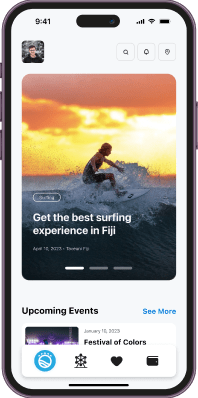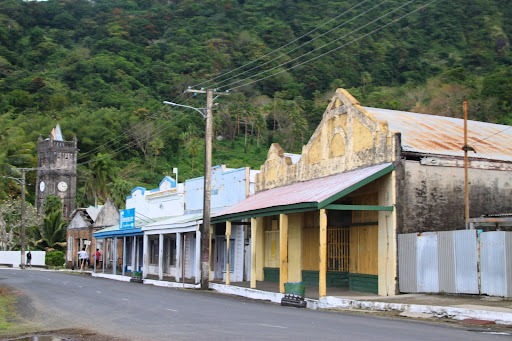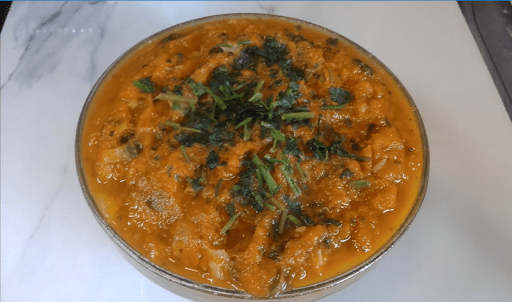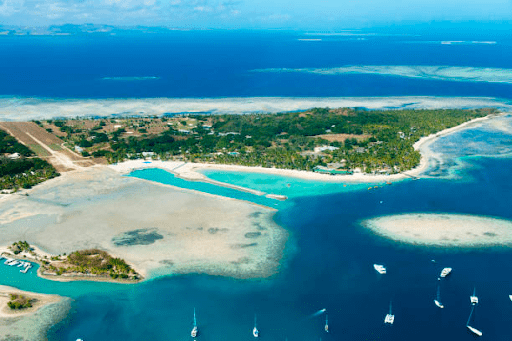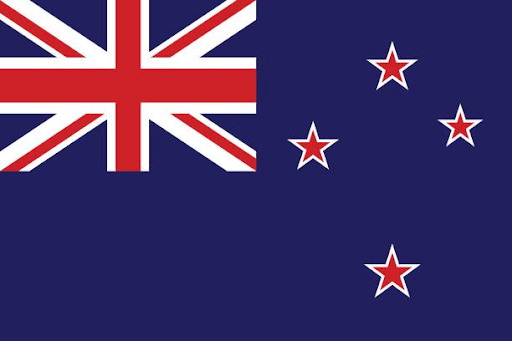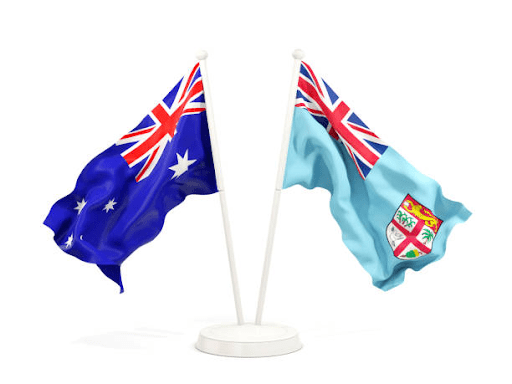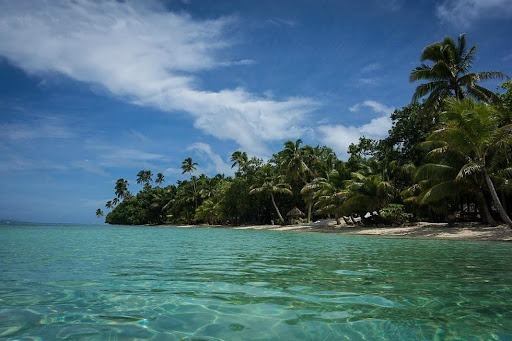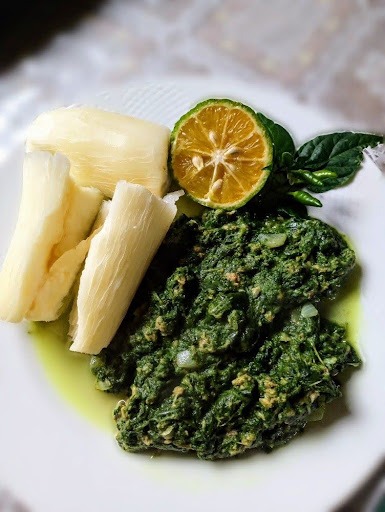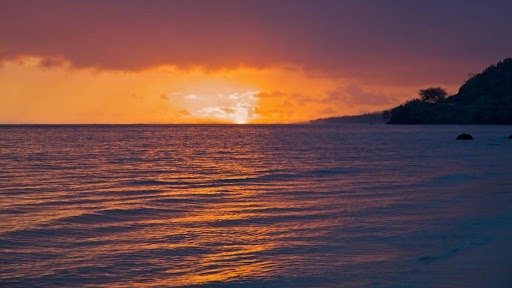Things to remember when travelling to the island of Ovalau in Fiji
When hearing or discussing the historical bits about Fiji, without a doubt, the historical port town of Levuka or the island of Ovalau, which this town is in, comes up in a lot of conversations. The town and even the island itself, is an intricate colonial time piece, having buildings, structures and monuments dating as far back as the start of Fiji’s colonial history. For those interested in travelling to Levuka or even the island of Ovalau, here are a few key things to remember.
Slow down and travel back in time
Beach street, Levuka
Fijian timing takes a whole new meaning as you step into the old capital. The streets are quiet with only the sound of the sea to fill the void if you aren’t keen on speaking. Shops are open and will welcome any attention their way, even if you’re just passing through or stopping for a browse. The trick with the island, which will take a day or two to get used to, is to just ‘go with the flow’. You are in no rush to get anywhere and time just stands still in Ovalau. Even the animals and birds know the non-busy schedule of the island. You will see dogs laze around the corridors and shop doors, and even pigeons will walk up to you, to patiently wait for a crumb of your food.
Transport
Transport around the island consists of a few taxis, private cars and village carriers. There are no public buses or minivans operating on the island. It is best to take a rental with you for your adventures or you can hire taxis around the island. Walking seems suitable in short distances particularly for the nearby villages along the coast. Hitching can also be an option, 1FJD (0.68AUD) for a return fee back to Levuka town. Taxi fares have standard rates for each village or settlement, for instance, a taxi ride from Levuka town to Waitovu, a village about 3 kilometres north of the town will be 5FJD (3.43AUD).
Caution must also be taken when driving on the roads in Ovalau, as roads run near the coast, making it quite narrow and filled with pot-holes where prone to high tides. But in good weather, driving is much more scenic as most of the islands in the Lomaiviti group become visible from the island of Ovalau.
For those opting to fly in, the Bureta airport (the island’s only airstrip) is currently closed, the only way to get to and from the island is by ferry, which sails once or twice a day, for more you can check with the Goundar Shipping Office in Suva or inquire online, on Facebook.
Cash only
Getting around and paying for things in Ovalau is a little different from mainland Viti Levu. Cash and Mpaisa (e-wallet) payments are preferred on the island and in case you need cash withdrawals from an automated teller machine (ATM). There is a Westpac branch and ATM along Beach street, located in the historic Bank of New South Wales building. There is also an ANZ ATM toward the end of the street next to the Levuka museum. Unfortunately, there aren’t any of the Bank of the South Pacific (BSP) branches on the island but you can do manual withdrawals and deposits in the Levuka post office, located near the wharf, in front of the Levuka customs office.
Food and restaurants
The food products and produce in Ovalau are quite pricey and this may be the result of charges imposed on freight shipped by ferry from Viti Levu to Ovalau. For instance, a loaf of bread as of July 2023 is at 1.10FJD (.75AUD), which is 13 cents more than the usual price of bread in Viti Levu.
Restaurant options in Levuka are limited but ask any local and they will direct you to some of the best food Ovalau has to offer. It might be a stretch, but these restaurants have some of the best fish dishes the Lomaiviti group has to offer.
Colonial history
If you’re looking for history or the start of Fiji’s colonial history- then this is the island to visit. The island, especially the town, is frozen in time, with its colonial buildings dating as far back as the 1800’s. The town under UNESCO world heritage list is a 19th century town stuck in the 21st millennium. There is so much history and the best way to take a proper look, taking all this in, is by asking the locals, who in so many ways, have subconsciously acquired this knowledge from a young age. Every one of these locals will have a story or a take on a character in Levuka or Fiji’s history.
Landscape
Ovalau is known for its rugged landscape which was a factor for the British administration’s move of Fiji’s capital from Levuka to Suva in the early 1880’s. From the sea, you will see that rock and soil cluster to make up the landscape, with houses sprawled from the town, upward near the mountains. It is rare to see houses and people make way for landscape but Levuka makes this example a reality.
There are rarely any long stretching white sandy beaches on the island but the waterfalls, bathing spots and hiking areas are endless. Again, you just have to ask the right people and know where to look- the locals are your best guide.
There are also few good accommodations in the Levuka town area and a homestay located near Rukuruku, on the northwest side of the island.
